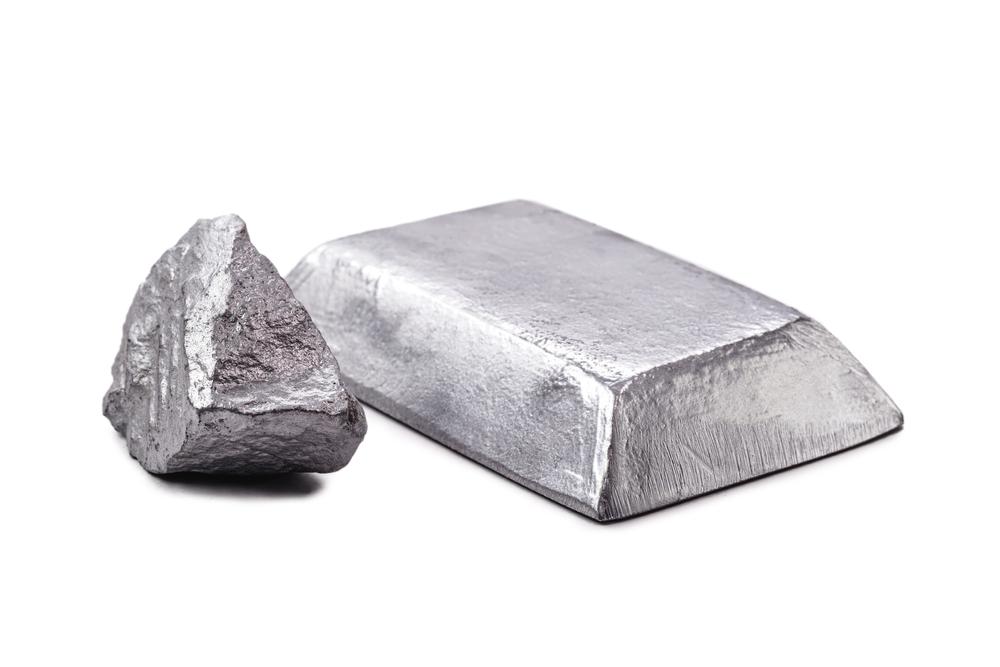A Guide to Composite Material Suppliers
Explore the importance of composite material suppliers, the benefits of using composite materials, and key factors to consider when choosing a supplier.
Composite materials have revolutionized multiple industries, offering a unique blend of strength, flexibility, and durability. As industries like aerospace, automotive, construction, and marine increasingly rely on these advanced materials, the role of composite material suppliers has become critical. This article delves into the key aspects of composite material suppliers, highlighting their importance, the benefits of using composite materials, and considerations when choosing a supplier.
Understanding Composite Materials
Composite materials are engineered by combining two or more distinct materials to create a product that offers superior properties compared to the individual components. Common examples include fiberglass, carbon fiber, and Kevlar. These materials are known for their lightweight nature, high strength, and resistance to environmental factors such as corrosion and fatigue. The unique properties of composites make them ideal for applications that require materials that can withstand harsh conditions while maintaining structural integrity.

Importance of Composite Material Suppliers
Composite material suppliers play a crucial role in the production and distribution of these advanced materials. They provide raw materials, such as resins, fibers, and core materials, which are essential for manufacturing various composite products. A reliable supplier ensures that industries have access to high-quality materials that meet specific performance criteria. Moreover, suppliers often offer technical support, helping manufacturers optimize their use of composites to achieve the desired results.
Benefits of Using Composite Materials
The use of composite materials offers several advantages across different industries:
- Lightweight: Composite materials are significantly lighter than traditional materials like steel or aluminum, making them ideal for applications where weight reduction is critical, such as in the aerospace and automotive industries.
- High Strength-to-Weight Ratio: Despite their light weight, composites offer excellent strength, which allows for the construction of strong yet lightweight structures.
- Corrosion Resistance: Composites are resistant to corrosion, making them suitable for use in environments where exposure to moisture, chemicals, or extreme weather conditions is a concern.
- Design Flexibility: The ability to mold composites into complex shapes and designs offers greater flexibility in manufacturing, enabling the creation of innovative and customized products.
- Durability: Composite materials have a long service life, reducing the need for frequent replacements and lowering maintenance costs over time.
Choosing the Right Composite Material Supplier
When selecting a composite material supplier, several factors should be considered:
- Quality Assurance: Ensure the supplier adheres to strict quality control standards and can provide materials that meet industry certifications and specifications.
- Technical Expertise: A supplier with in-depth knowledge of composite materials can offer valuable guidance on material selection, processing techniques, and application methods.
- Supply Chain Reliability: The supplier should have a robust supply chain to ensure consistent availability of materials, minimizing the risk of production delays.
- Customization Options: Look for suppliers who offer customized solutions, such as tailored material formulations or specific dimensions, to meet the unique requirements of your project.
- Sustainability Practices: Consider suppliers who prioritize sustainability by offering eco-friendly composite materials or utilizing environmentally responsible manufacturing processes.
Top Composite Material Suppliers and Cost Considerations
The cost of composite materials can vary widely based on factors such as material type, volume, and customization requirements. Leading suppliers in the composite material industry include:
- Hexcel Corporation: Known for its high-performance carbon fibers and honeycomb materials, Hexcel is a key supplier to the aerospace and defense sectors.
- Toray Industries: A global leader in advanced composite materials, Toray provides carbon fiber composites for applications in aerospace, automotive, and industrial sectors.
- Owens Corning: Specializing in glass fiber composites, Owens Corning offers solutions for construction, automotive, and renewable energy industries.
- Teijin Limited: Teijin offers a wide range of composite materials, including carbon fibers, aramid fibers, and thermoplastic composites, serving various industries worldwide.
Cost considerations should include not only the price of the raw materials but also factors like delivery times, shipping costs, and potential waste reduction through efficient material use. Collaborating with a reputable supplier can lead to long-term cost savings by ensuring the use of high-quality materials that meet performance standards and reduce the need for rework or replacements.
Conclusion
Composite material suppliers are indispensable partners in the production of advanced materials that drive innovation across industries. By understanding the benefits of composite materials and carefully selecting the right supplier, businesses can enhance their products' performance, longevity, and cost-efficiency. As demand for these materials continues to grow, choosing a reliable and knowledgeable supplier will be key to staying competitive in the market.











